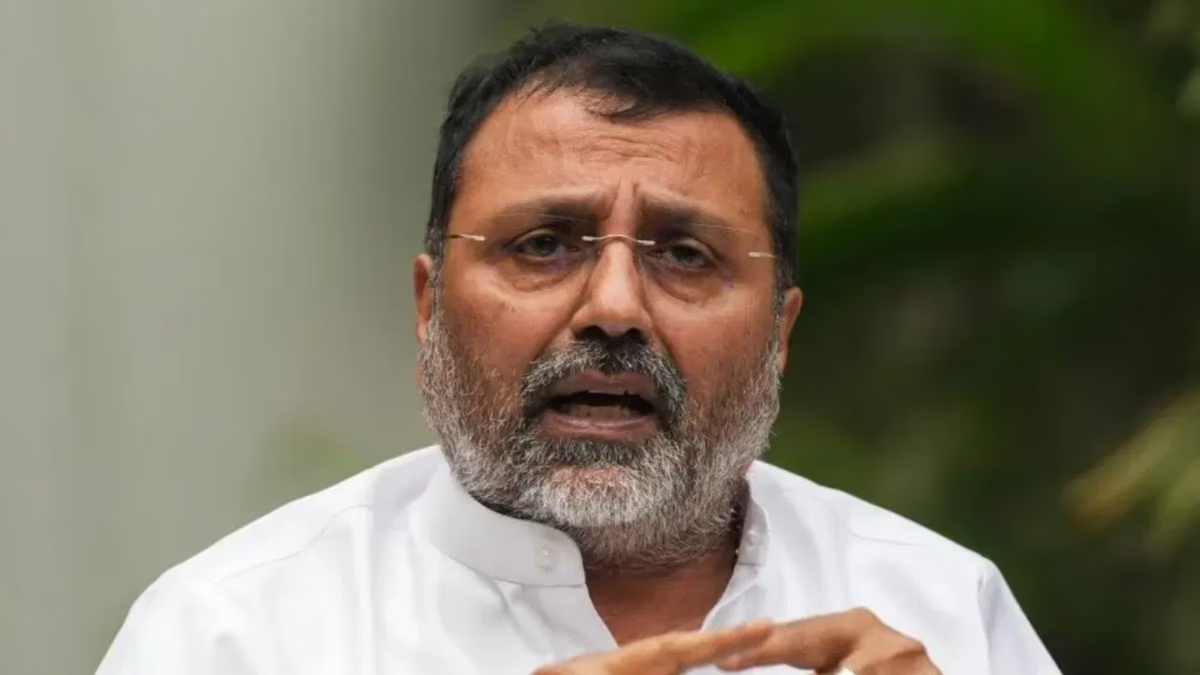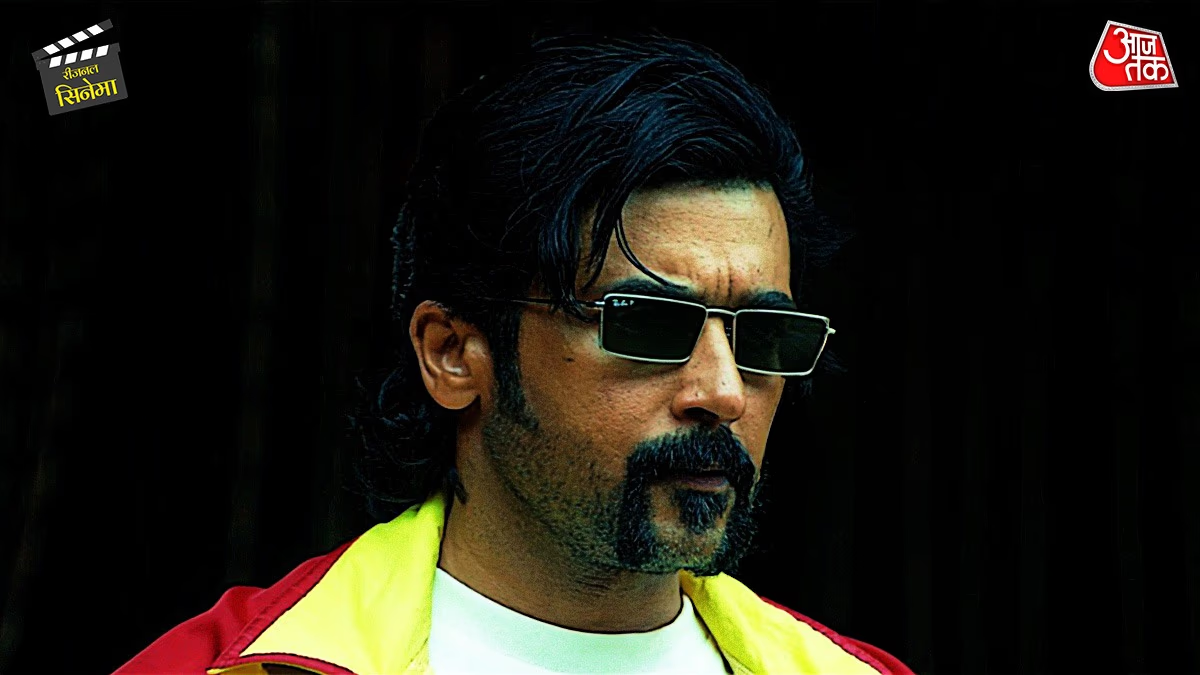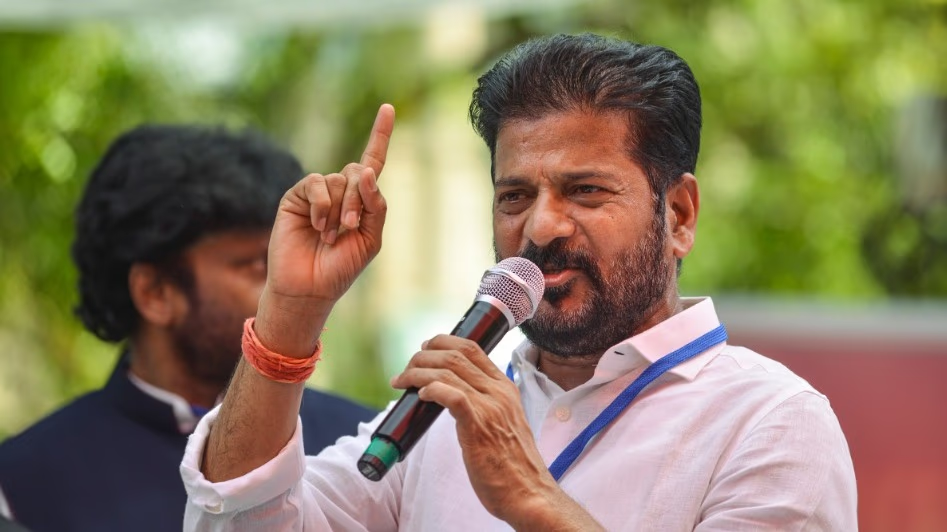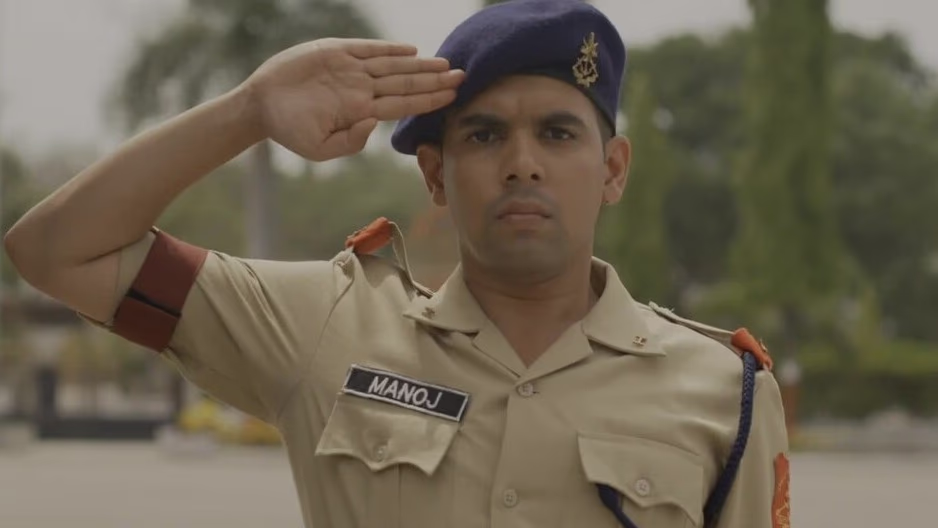Amidst the public outrage against Pakistan following the Pahalgam terrorist attack, BJP MP Nishikant Dubey took to social media on Saturday to aim his remarks at Bangladesh. He posted on his X account (formerly Twitter), 'Bangladesh is also quite eager, it's time to cut off their water supply from the Ganga. They'll drink our water and sing for Pakistan.' He then shared a screenshot of a report from an English website, remarking, 'Ganges water for these sinners?'
The report shared by Nishikant Dubey claimed that an advisor from Bangladesh's interim government had recently met with operatives from the terrorist organization Lashkar-e-Taiba. According to the report, Dr. Asif Nazrul, a legal advisor to Bangladesh's interim government, allegedly met with a senior LeT operative Izhar in Dhaka just a day after the Pahalgam terrorist attack. This meeting, according to sources familiar with the matter, raises suspicions about the involvement of Dhaka's current government in fostering extremism against India.
Read Also:
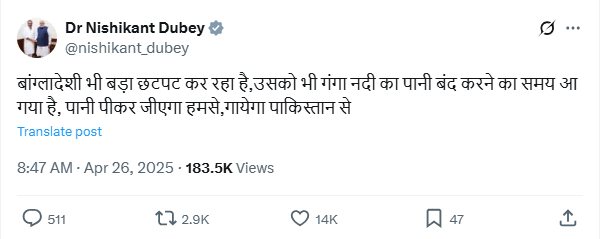
Source: aajtak
The entire country of India is outraged after the Pahalgam attack where 26 tourists were shot dead by terrorists from Pakistan-based Lashkar group. The Modi government has vowed to give unprecedented punishment to both the attackers and their masterminds. As an initial step, the central government has suspended the 1960 'Indus Water Treaty' with Pakistan. Additionally, the Attari check post has been closed, and all types of visas issued to Pakistani nationals have been rescinded with immediate effect. India has requested Pakistan to recall all defense advisors from its High Commission in New Delhi within a week.
Recently, Nishikant Dubey praised the Modi government's decision to suspend the 1960 Indus Water Treaty, stating that Pakistan will now perish without water. In a separate social media post about the suspension of the treaty, the Godda MP criticized India's first Prime Minister Jawaharlal Nehru, claiming he was ready to 'give water to the snake' for a Nobel Prize in 1960. The Indus Water Treaty was signed by Prime Minister Nehru of India and then President Ayub Khan of Pakistan on September 19, 1960.
Read Also:
What is the Ganga Water Sharing Treaty?
In 1996, India and Bangladesh signed a treaty to share Ganga water, aimed at resolving a dispute that arose following the construction of the Farakka Barrage in 1975. The objective was to maintain water flow for the Kolkata port. The treaty is in effect for 30 years and will expire in 2026, subject to renewal by mutual agreement. The Farakka Barrage, situated about 10 kilometers from the Bangladesh border in West Bengal, uses Ganga's waters to channel flow into the Hooghly River to sustain shipping levels in the Kolkata port. The treaty determined the water distribution between India and Bangladesh based on availability. If the flow is below 70,000 cusecs, both countries receive 50% each. If it's between 70,000 and 75,000 cusecs, Bangladesh receives 35,000 cusecs, with India getting the remainder.
